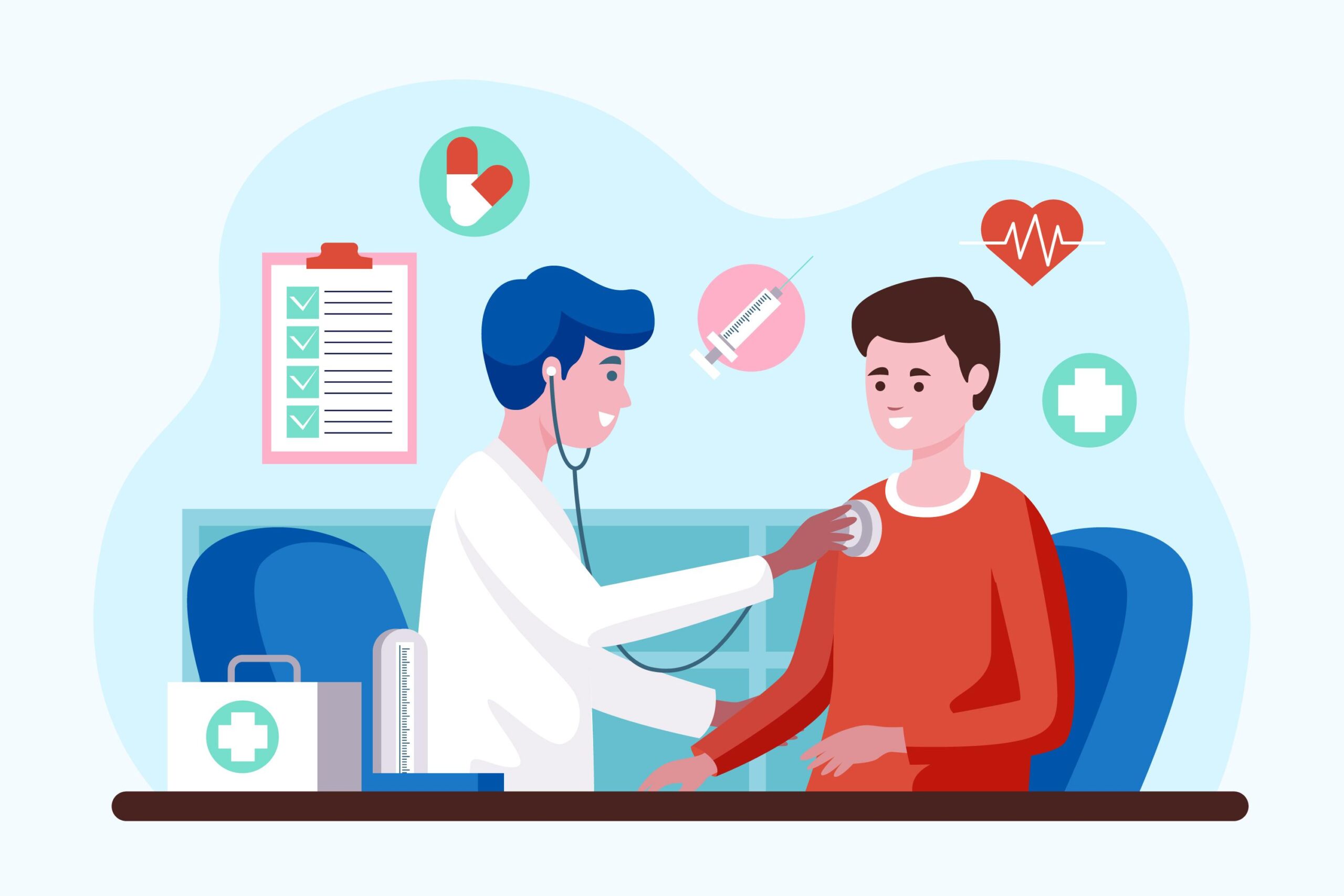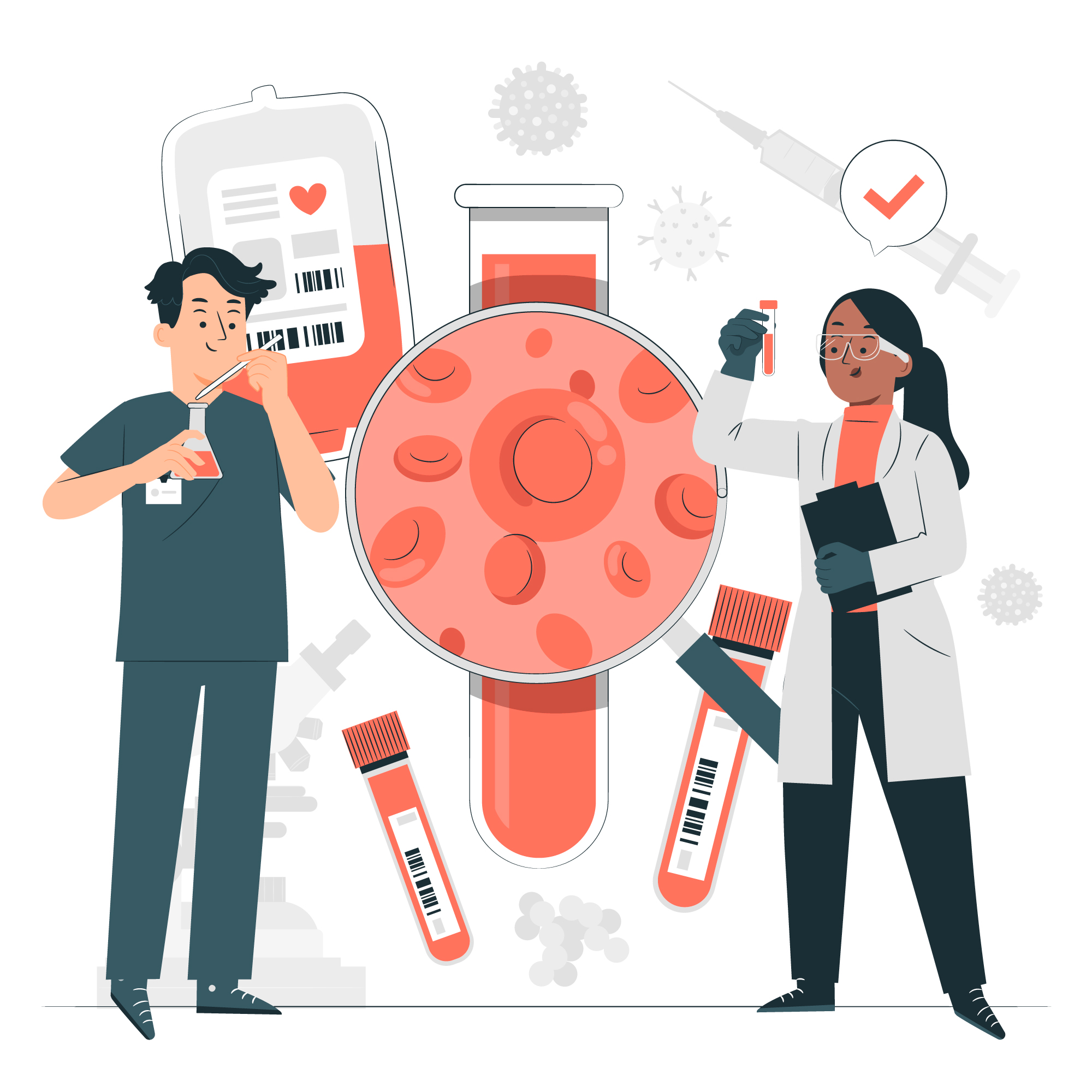🧠 The Silent Struggles of a Loud World
We live in an era where everything is fast—the news cycle, work emails, WhatsApp pings, social pressure, performance expectations. And yet, behind every screen is someone quietly trying to hold themselves together.
Welcome to the mental health crisis of the modern world—where we have more connection than ever, but less peace within.
This isn’t just about stress or sadness. This is about:
The invisible weight that people carry
The anxiety hidden behind a smile
The fatigue that even eight hours of sleep can’t fix
Whether you’re 16 or 60, in college or retired, newlywed or newly alone—this is for you.
🔍 Mental Health Red Flags – Know the Signs
Mental health issues rarely shout. They whisper. And if we don’t listen, they grow louder in painful ways.
Here are the common signs you shouldn’t ignore:
Persistent sadness, emptiness, or hopelessness
Constant worry, racing thoughts, or fear
Irritability or unexplained anger
Sleep changes (insomnia or oversleeping)
Appetite changes or unexplained weight gain/loss
Isolation or social withdrawal
Loss of interest in things you once loved
Difficulty focusing, making decisions, or remembering things
Using alcohol, smoking, food, or screens to “numb out”
Thoughts of self-harm or death
💬 It’s not weakness. It’s your mind asking for help.
👨👩👧👦 Mental Health Across Life Stages
Mental health challenges evolve with age—but they never disappear. Here’s what it might look like at different phases:
🧒 Teenagers (13–19): Under Pressure, Often in Silence
What They Face:
Academic stress, social comparison, bullying
Identity issues, body image anxiety, cyber pressure
What to Watch For:
Mood swings, secrecy, low self-esteem
Sudden changes in grades, appetite, or sleep
Self-harm or risky behavior
👂 Teens don’t need fixing. They need safe, judgment-free space to talk.
👩💻 Young Adults (20–35): The Age of Burnout & Breakdown
What They Face:
Career pressure, breakups, loneliness
Fear of failure, financial stress, social media comparison
What to Watch For:
Panic attacks, feeling numb, overworking
Insomnia, emotional exhaustion, anger bursts
Escapist addictions (alcohol, binge-watching, substance use)
💡 Adulting is hard. That doesn’t mean you’re failing. It means you’re human.
💑 Couples & Parents (30–50): Carrying More Than They Say
What They Face:
Work-family stress, emotional disconnect, parenting fatigue
Relationship issues hidden behind busy schedules
What to Watch For:
Silent resentment, frequent fights or complete withdrawal
Loss of physical/emotional intimacy
Feeling “stuck,” anxious, or unheard
🫶 Love doesn’t break overnight. But it bends without care.
👵 Seniors (60+): The Loneliness We Don’t Talk About
What They Face:
Retirement identity loss, empty nests, grief, illness
Being overlooked by younger generations
What to Watch For:
Withdrawal, forgetfulness, fatigue
Depression masked as “I’m just getting old”
Loss of interest in life
🌅 Elders don’t need sympathy. They need connection, dignity, and joy.
🧘♀️ What You Can Do If You’re Struggling with Anxiety or Depression
Whether it’s a slow spiral or a sharp breakdown—you can recover. Here’s how to begin:
1. Talk to Someone – Now, Not Later
A friend. A therapist. A family member. A support group.
Break the silence before it breaks you. Talking isn’t a weakness. It’s the strongest move you can make.
2. Seek Therapy or Professional Guidance
Therapy isn’t just for “serious cases.” It’s for:
Overthinkers
The burned-out
The confused, the angry, the sad
✨ Psychologists can help untangle patterns.
✨ Psychiatrists (if needed) can help chemically rebalance what’s off.
✨ Online counselling options exist if you want to begin privately.
3. Make Mental Hygiene a Daily Practice
You brush your teeth every day. What about your mind?
🌀 Try this mental health “ritual”:
🌞 Wake up & write one gratitude point
🧘 Do 10 minutes of deep breathing or guided meditation
🚶 Move your body—even a short walk helps
📵 Avoid your phone for the first hour of the day
📓 Journal at night: dump your thoughts, don’t carry them to bed
4. Avoid Toxic Self-Coping Habits
Tempting, but destructive:
Doom-scrolling
Overeating
Avoiding everyone
Abusive relationships
“Just one more drink”
🚫 Escape isn’t healing. Numbing isn’t peace.
5. Know When It’s Urgent
If you or someone you love is:
Talking about ending life
Feeling like a burden
Showing signs of emotional or physical self-harm
📞 Please call a suicide prevention helpline or emergency service.
You are not alone. You are not broken. You are needed.
💬 Final Words: You Are Allowed to Pause
You’re allowed to ask for help.
You’re allowed to say, “I’m not okay.”
You’re allowed to put yourself first—for once.
Mental health isn’t about being positive all the time.
It’s about being honest—then doing the next kind thing for yourself.
Healing isn’t linear. Some days you’ll feel light. Other days, heavy.
But every step—no matter how small—is worth it.
And you are worth it.



